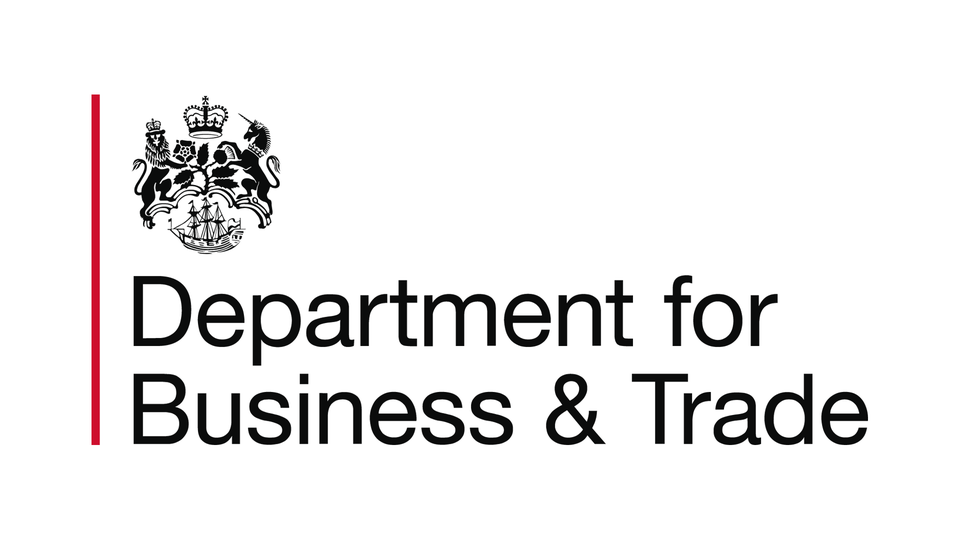Critical Imports & Supply Chain Strategy: The government in the form of the Department for Business & Trade (DBT) published its strategy on critical imports and supply chains strategy; this sets out how they will work with business and international partners across 5 priorities:
- Making the UK government a centre of excellence for supply chain analysis and risk assessment.
- Removing critical import barriers to support the UK’s business-friendly environment.
- Building the UK’s response to global supply chain shocks.
- Ensuring the UK can adapt to long-term trends.
- Expanding collaboration between government, business and academia.
The strategy is the first of its kind and builds on the integrated review refresh, advanced manufacturing plan and the recent semiconductors, batteries and critical minerals strategies. This includes sharing more information and guidance with businesses on the risks to key supply chains: enabling trade deals; attract international investment to make us more self-sufficient in critical goods used in industries like electric vehicles production and clean energy; work with international governments to solve supply chain challenges (such as the Atlantic Declaration) and using research to understand the impacts of shocks on supply chains.
You can find out more about this at https://www.gov.uk/government/publications/uk-critical-imports-and-supply-chains-strategy
————————————————
Business visitor movement to the UK: there has also been an update on the changes to visitor visa reform being made and an opportunity to engage with our business mobility terms on further asks. These relate to movement of individuals INTO the UK to undertake work here – primarily to work for a UK business unit or on business activities.
Following the Autumn Statement 2023 reforms will be implemented in late January 2024 and impact two existing visitor routes: Standard Visitor (see https://www.gov.uk/standard-visitor/visit-on-business) and Permitted Paid Engagement (PPE) (at https://www.gov.uk/permitted-paid-engagement-visitor/what-you-can-do-in-the-uk).
- The reforms to the visitor routes will broaden intra-corporate activities sector and simplify arrangements for those undertaking paid engagements including removing the restriction on visitors working directly with clients in an intra-corporate context (subject to the activity being incidental to their employment abroad and to the delivery of a wider project by the UK branch of their overseas employer).
- The reform to Permitted Paid Engagements (PPE) included includes speaking at conferences in the list of permitted engagements and incorporating the PPE route into the Standard Visitor route, to enable easier switching between PPE activities and the other permitted business activities.
In the Autumn Statement 2023, the Government committed to explore further reforms to the business visitor rules during 2024. The Department is seeking feedback on further asks from organisations within the manufacturing sector, for example, bringing in specialist technical staff to fix and maintain industrial equipment and changes to PA 7. in the Immigration Rules Permitted Activities (see https://www.gov.uk/guidance/immigration-rules/immigration-rules-appendix-visitor-permitted-activities).
If you have any thoughts in this area, please contact Geoff Noon at MTA (email: [email protected]) and we will collate them anonymously and pass them onto our contact at DBT.

